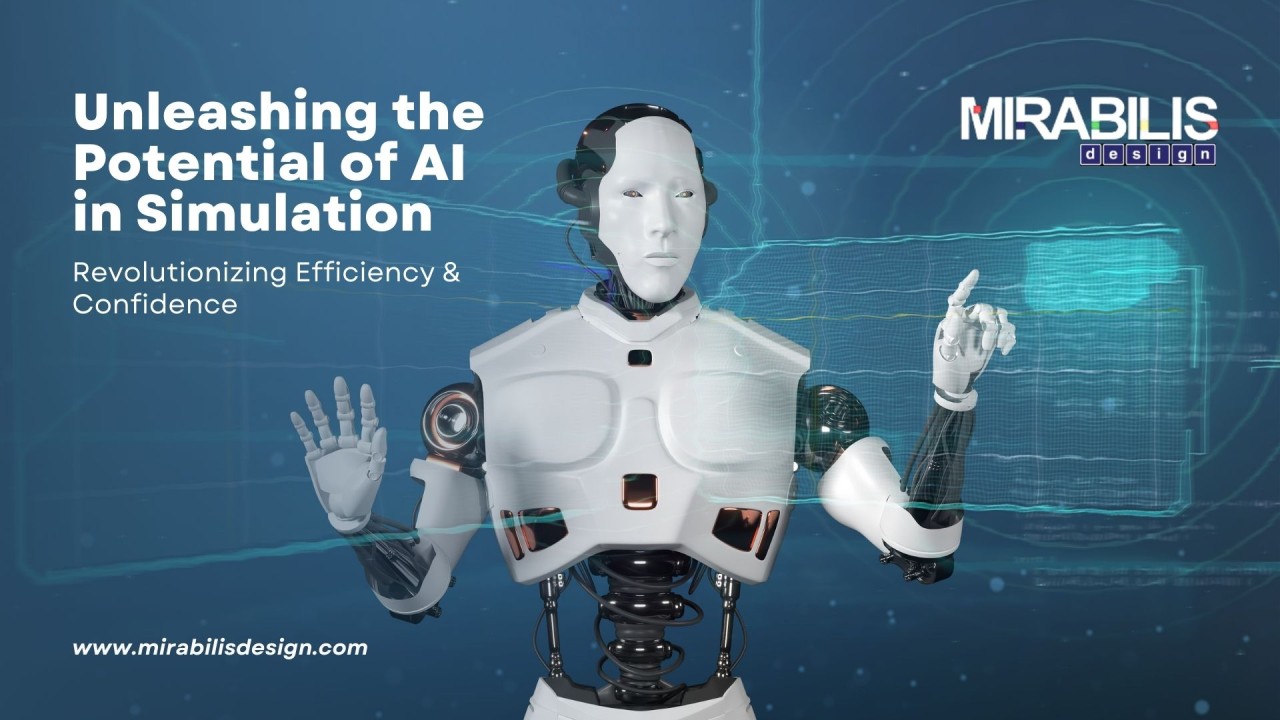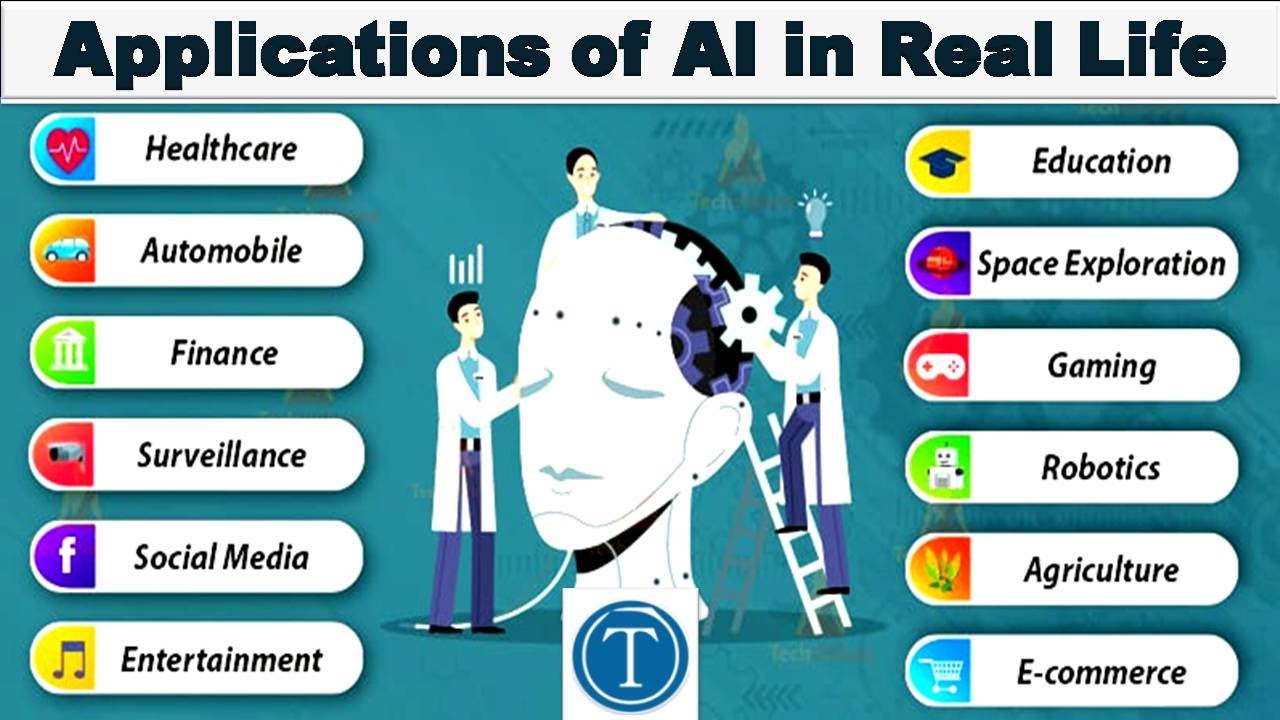In recent years, the capabilities of artificial intelligence (AI) have rapidly evolved, transforming industries ranging from healthcare to finance. However, one of the most fascinating applications of AI is its potential to revolutionize the field of simulation, particularly in enhancing precision for complex systems. As the need for accurate predictions in physics, chemistry, and engineering continues to grow, leveraging AI to improve simulation accuracy is becoming an essential component of cutting-edge research and development. From modeling high-energy physics to simulating molecular interactions in drug discovery, AI-driven simulations are poised to reshape the way we approach scientific problems.
The Role of AI in Simulation

Simulations are used in various domains to predict the behavior of systems that are either too complex or too expensive to test in the real world. Traditionally, these simulations have relied on mathematical models and physical theories to approximate real-world conditions. However, the accuracy of these models has often been limited by computational power and the inherent complexity of the systems being simulated.
This is where AI comes into play. Machine learning algorithms, a subset of AI, can analyze vast amounts of data to identify patterns and correlations that are difficult for humans or traditional models to detect. By integrating these insights, AI can enhance precision in simulations by optimizing parameters, reducing errors, and accelerating computation time. This not only improves the fidelity of the simulations but also enables researchers to tackle more ambitious projects that were previously considered impractical.
Enhancing Precision in High-Energy Physics Simulations
One field that stands to benefit significantly from AI-enhanced simulations is high-energy physics. Quantum simulation technologies, in particular, have become a hot topic as they allow researchers to explore phenomena that are beyond the reach of classical computers. High-energy physics experiments, such as those conducted in particle accelerators, generate immense amounts of data and require highly accurate simulations to interpret and understand the underlying physics.
By incorporating AI into quantum simulation for high-energy physics, scientists can enhance precision in modeling particle interactions and other fundamental processes. AI algorithms can analyze the vast datasets produced by quantum simulations, identifying subtle patterns and improving the predictive capabilities of the models. This enhanced precision is critical for pushing the boundaries of theoretical physics and understanding the nature of the universe at its most fundamental level.
Quantum Simulation Technologies and AI Synergy

Quantum simulation technologies offer a powerful means of exploring quantum mechanical systems, which are inherently difficult to simulate using classical methods. These technologies can be applied to a range of fields, from materials science to cryptography. However, the complexity of quantum systems makes it challenging to achieve the level of precision required for many applications.
AI can address these challenges by optimizing quantum simulation processes. For instance, machine learning models can be trained to predict the behavior of quantum systems more efficiently, reducing the computational resources needed to run simulations. Moreover, AI can help fine-tune quantum simulations by adjusting parameters in real time, ensuring that the models remain accurate even as they evolve. This synergy between AI and quantum simulation technologies holds the potential to unlock new levels of precision, allowing scientists to explore previously inaccessible realms of quantum mechanics.
Practical Applications in Industry
Beyond the theoretical and scientific domains, AI-enhanced simulations are finding practical applications across a wide range of industries. In aerospace, for example, AI-driven simulations are being used to model the behavior of new aircraft designs under various conditions. By improving the accuracy of these simulations, companies can reduce the need for physical prototypes, cutting costs and accelerating the development process.
In the pharmaceutical industry, AI is being used to simulate molecular interactions in drug discovery. By enhancing precision in these simulations, researchers can identify promising drug candidates more quickly, leading to faster development timelines and more effective treatments. Similarly, AI-enhanced simulations are being used in renewable energy, automotive engineering, and even climate science, where precision is critical to predicting future trends.

Conclusion
As artificial intelligence continues to advance, its ability to enhance precision in simulations is becoming increasingly apparent. By harnessing the power of AI, researchers and industries alike can improve the accuracy of their models, enabling them to tackle more complex challenges and explore new frontiers. Whether it’s in high-energy physics with quantum simulation technologies or in practical applications like aerospace and drug discovery, the integration of AI into simulation processes is set to revolutionize our understanding of the world and the systems within it.
Artificial intelligence, with its capacity to process vast amounts of data and identify patterns beyond human comprehension, is the key to unlocking new levels of precision in simulation, making it a critical tool for the future of scientific and industrial innovation.










